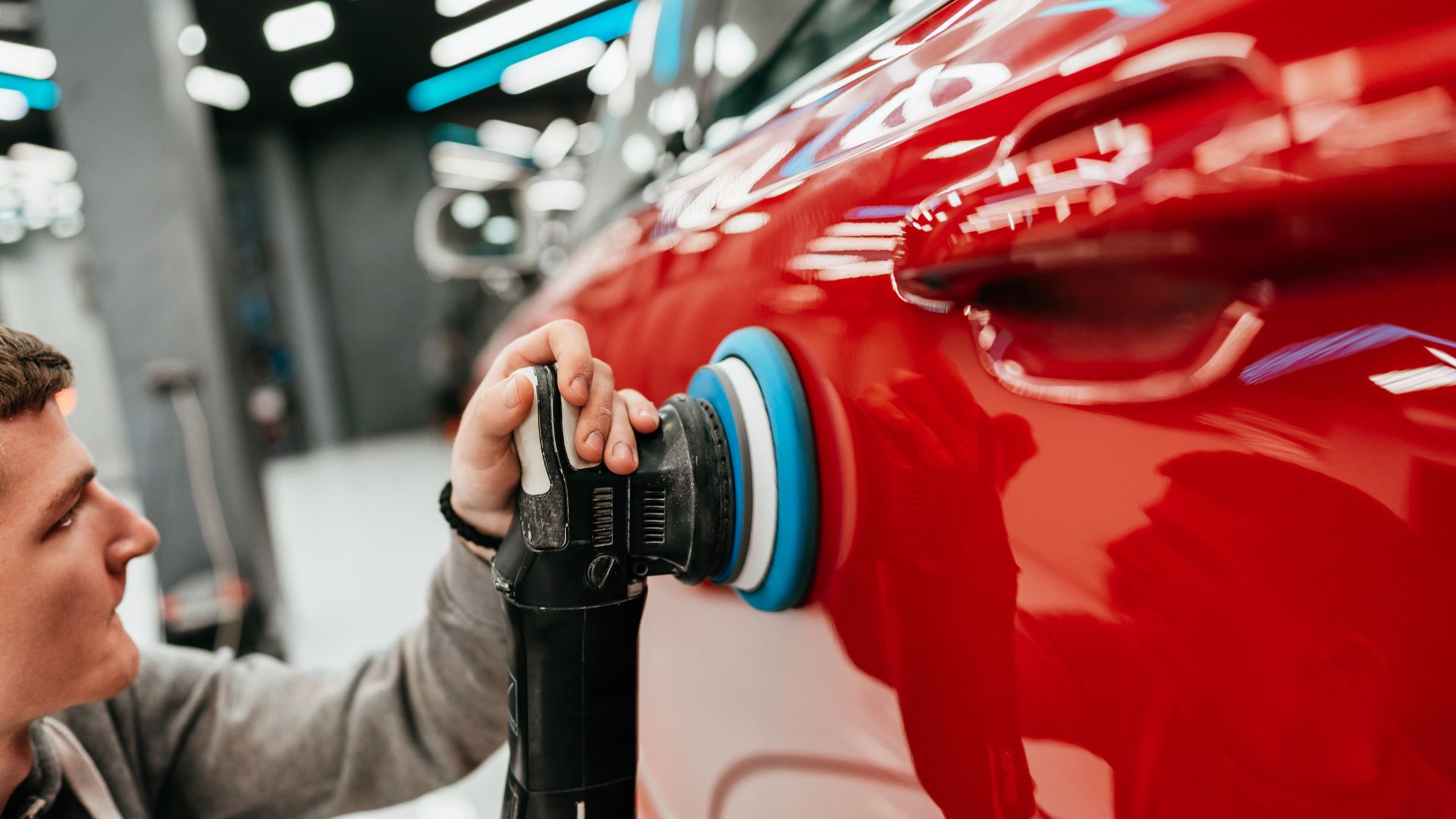In the world of automobile maintenance, car detailing stands out as a critical practice that extends beyond simple cleanliness to ensure a vehicle’s longevity and aesthetic appeal. This blog post explores the intricate process of car detailing, offering insights into why it’s important, what it involves, and how it can transform your vehicle.
What is Car Detailing?
Car detailing is an extensive process of cleaning, restoring, and finishing a car to achieve and maintain a high level of detail. Unlike a basic car wash that focuses primarily on the surface, detailing involves comprehensive cleaning and reconditioning of both the interior and exterior of your vehicle.
Key Components of Car Detailing
- Exterior Detailing
- Washing and Drying: This is typically done by hand. The detailer will wash the body of the car with specialized soaps and shampoos, and follow with meticulous hand drying to prevent scratches.
- Claying: A clay bar is used to remove any embedded surface contaminants that remain on the car after washing.
- Polishing: This restores the original shine of the car’s paint, eliminating any light scratches, oxidation, and swirl marks.
- Sealing or Waxing: A sealant or wax layer is applied to protect the car’s paint from UV rays, acid rain, and other harmful contaminants.
- Interior Detailing
- Deep Cleaning: The inside of the car sees a thorough cleaning which includes vacuuming of all upholstery, and shampooing of carpets and seat covers.
- Conditioning: Leather and vinyl are conditioned and treated with protectants to prevent drying and cracking.
- Detailing Nooks and Crannies: All small areas, such as air vents and dashboard crevices, are cleaned with specialized tools designed to remove dust and dirt.
Benefits of Car Detailing
- Protects the Exterior: Regular detailing helps to extend the life of your car’s paint and trim details by protecting them from the elements.
- Maintains the Interior Environment: It also keeps the interior surfaces and fabrics clean, fresh, and in good condition, which is especially important for those with allergies or respiratory issues.
- Increases Resale Value: A well-maintained vehicle can command a higher resale price.
- Personal Satisfaction: Driving a clean, well-maintained car improves overall satisfaction and pride in your vehicle.
DIY Tips for Effective Car Detailing
If you decide to undertake detailing yourself, here are some tips to ensure you do it effectively:
- Use the Right Products: Invest in high-quality detailing products that are designed specifically for automotive use.
- Be Methodical: Start from the top of the car and work your way down, ensuring that every part of the vehicle is attended to.
- Regular Maintenance: Schedule regular detailing sessions every three to six months to maintain optimal condition and protection of your vehicle.
Conclusion
Car detailing is both an art and a science, requiring precision and attention to detail to ensure that every inch of the vehicle is immaculately maintained. Whether you choose to use professional detailing services or decide to do it yourself, regular detailing is key to preserving the aesthetic and functional quality of your car. Not only does this enhance your driving experience, but it also ensures that your vehicle remains a valuable asset in the long run.


